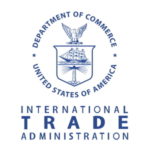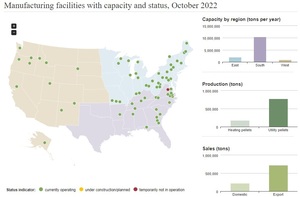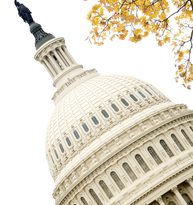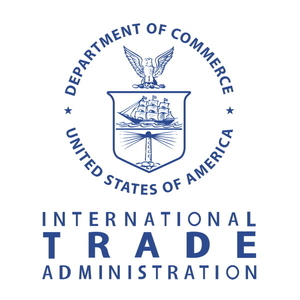Michigan bill aims to create clean fuel, clean energy standards
Energy Disrupter
ADVERTISEMENT
Michigan state democrats, led by Senate Majority Floor Leader Sam Singh and Sen. Sue Shink, on April 12 introduced the Clean Energy Future Plan, a bill package that aims to implement a wide range of clean energy provisions, including a clean fuel standard (CFS) and a clean energy standard.
The CFS program created by the legislation would aim to reduce the carbon intensity of the state’s transportation fuels by 25 percent by the end of 2035.
The legislative package would also set a goal to phase out coal-fired electricity generating plants by 2030 and require utilities to make progress toward the elimination of greenhouse (GHG) emissions from power generation by 2035. It would also establish a standard requiring 100 percent clean energy by 2035.
Other components of the package include provisions to encourage utilities to become more energy efficient, expand the purview of the Michigan Public Service Commission, encourage farmers to rent land for solar operations, and support the decarbonization of homes and businesses. Additional bills are expected to be added to the package, including one to promote the purchase and use of electric vehicles.
Clean Fuels Michigan has spoken out in support of the Clean Energy Future Plan, noting that the Michigan Clean Fuel Standard Coalition will work with legislature to implement a CFS that is technology and fuel neutral, helps catalyze innovation in low carbon fuels, and rewards climate-smart agricultural practices.
The Renewable Fuels Association is also welcoming the bill’s CFS provision. “We applaud Senator Singh for introducing this legislation, which creates a rational and sustainable path toward decarbonization of the Michigan transportation sector,” said Geoff Cooper, president and CEO of the RFA. “RFA believes a Clean Fuel Standard based on sound science and technology-neutral principles can quickly reduce carbon emissions, enhance energy security and stability, lower fuel prices for consumers, and create new value-added market opportunities for farmers. We support the legislation’s adoption of the Argonne GREET model for lifecycle analysis, and we agree that farmers should be credited for voluntary practices that reduce emissions on the farm. As the home of a vibrant agriculture industry and the birthplace of the U.S. automotive industry, Michigan has a special role to play as a national leader on clean fuels policy. We are proud to work with Clean Fuels Michigan and other members of the of the Michigan CFS Coalition to promote and advance this important legislation.”
















